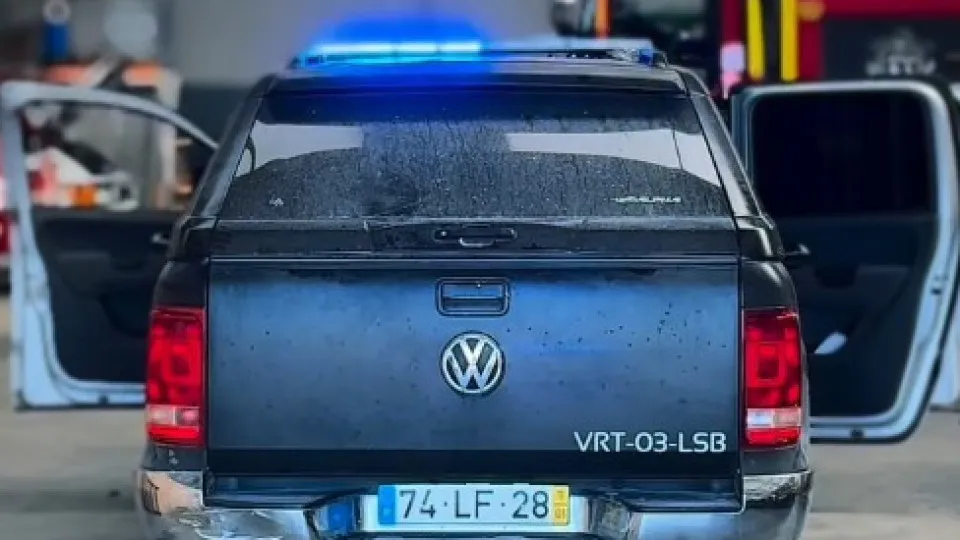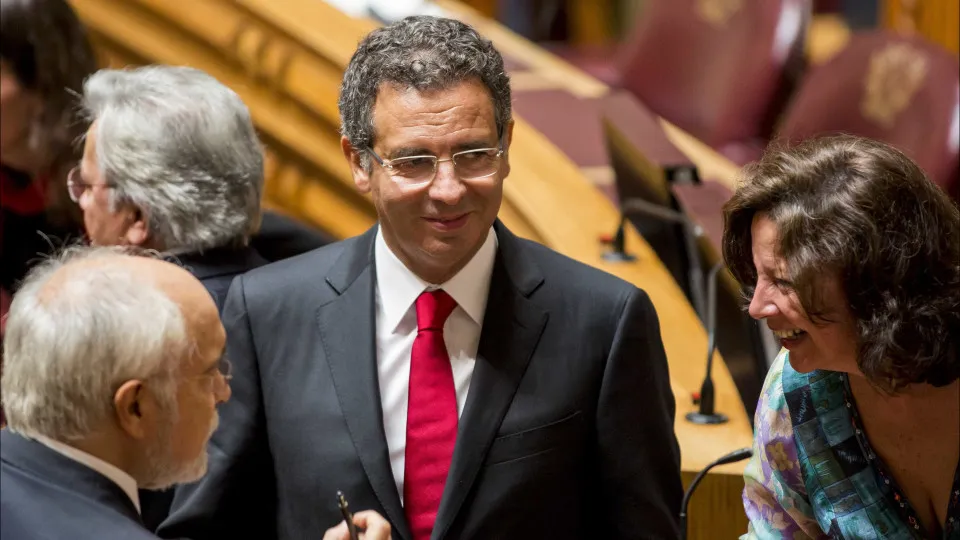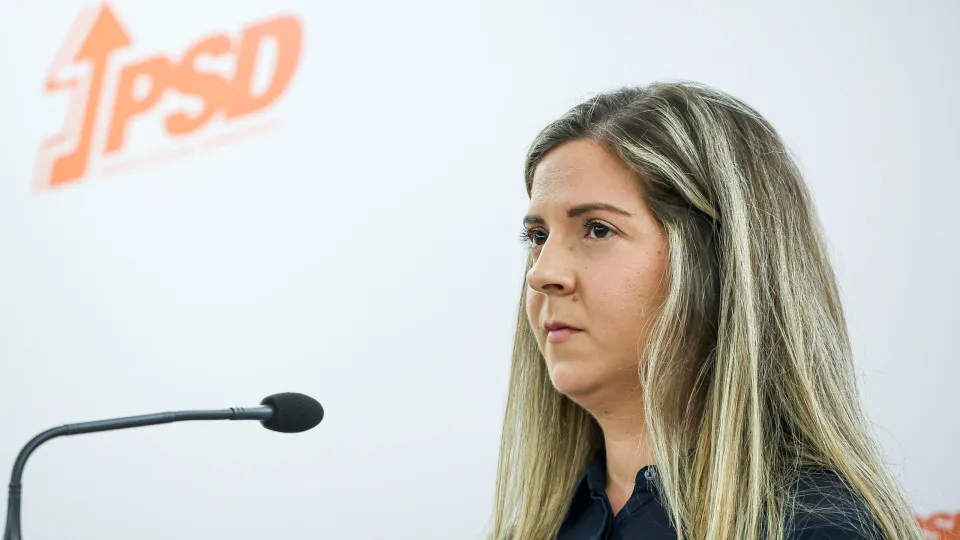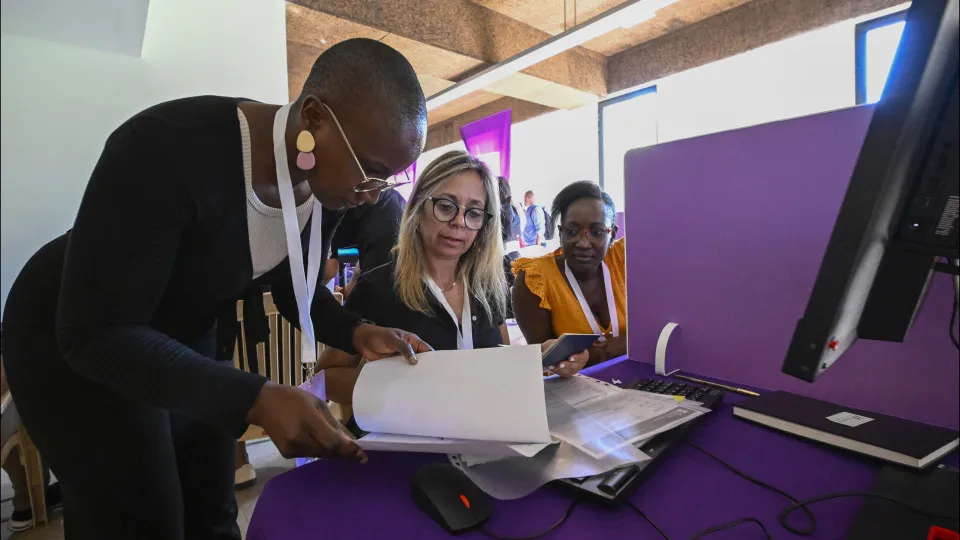
Just over three weeks ago, the Animal Intervention and Rescue (IRA) was recognized as an “entity for protection and rescue with priority vehicles” following authorization from the Institute of Mobility and Land Transport (IMT). This decision was reversed after public declarations by entities from the National Civil Protection System, and the non-governmental organization plans to contest it.
On Monday, the IMT announced through a statement that it decided to re-evaluate the authorization process for the installation of blue special sound and light warning devices on IRA vehicles, following public statements by entities from the National Civil Protection System.
However, the IMT acknowledged granting the IRA permission to use signaling devices to operate in emergency mode during rescue operations, as it holds the status of an Organization for Volunteer Civil Protection (OVPC), a status attributed by the National Emergency and Civil Protection Authority (ANEPC).
According to Jornal de Notícias, the IMT changed its stance after a report from the ANEPC raised some doubts, such as the use of the authority’s identification symbol without granted authorization for this purpose.
Civil Protection further argues that the use of special warning systems on the non-governmental organization’s vehicles could cause confusion and a mistaken perception that the OVPC is a Civil Protection agent and thus acts independently in urgent public interest services.
Besides this revocation concerning the IRA, the IMT also stated that it will re-evaluate the authorizations granted to other OVPCs.
IRA to Contest IMT’s Revocation Proposal
On the same Monday, the IRA took to social media to respond to what it described as an attempt to question the legitimacy of the authorization granted by the IMT for the use of blue and sound warning lights on the organization’s operational vehicles.
This resolution, invoking doubts raised by entities from the National Civil Protection System, represents a political and corporate pressure without technical or legal basis, inspired by the public positions of the Portuguese Firefighters’ League and its president, António Manuel Marques Nunes, it read.
In the statement, the IRA clarified that it is an officially recognized OVPC by the ANEPC and works formally with the Institute for Nature Conservation and Forests (ICNF), National Republican Guard (GNR), Public Security Police (PSP), and various municipalities.
It emphasized that the authorization issued by the IMT was not a favor or privilege, but recognition of an already operational practice that ensures a quick response in animal emergencies, fires, catastrophes, and serious accidents, always in coordination with the competent authorities.
For the IRA, the attempt to restrict this authorization is not based on any technical argument but on corporate fears of status confusion, a similar expression used in communications from the Portuguese Firefighters’ League, noting that what is at stake is not road safety nor public interest.
It highlighted that what is at stake is the fear of modernization and resistance to the natural evolution of the civil protection system.
Thus, the IRA reaffirms that it will continue to operate within the law, with transparency and rigor, maintaining cooperation with all civil protection forces and agents, including firefighters, whose mission it deeply respects. However, it stated that the organization will not stop denouncing attempts of manipulation or institutional blockage wherever they occur.
Finally, it noted that the organization has 10 days to file an appeal to this IMT revocation proposal and that it plans to do so.
It should be noted that the Animal Intervention and Rescue Unit, also known as IRA, is a Portuguese non-governmental organization involved in civil protection assistance and animal rescue actions.
Its purpose is the assessment, planning, and rescue of animals suffering from abandonment and/or mistreatment, the rescue of animals in immediate life-threatening situations (or posing a threat to citizens’ safety), intervention in emergency, disaster, catastrophe, or disaster scenarios, and logistic support provision to criminal police bodies and civil protection entities.




